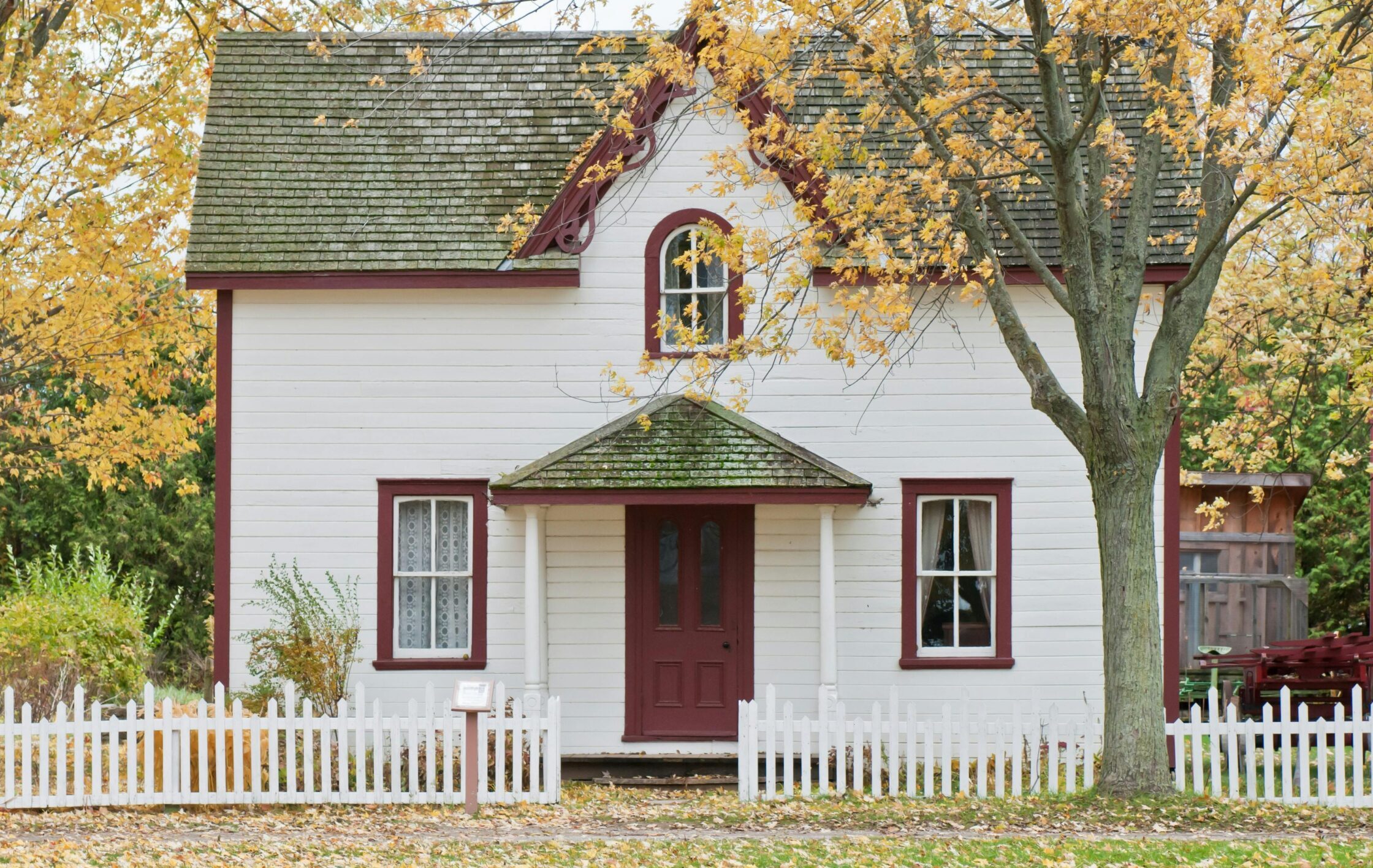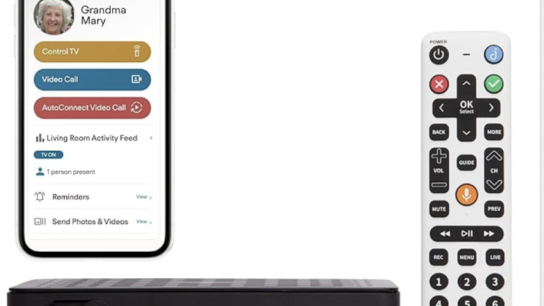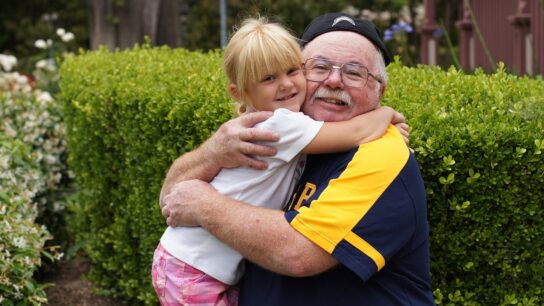If your elderly parent still lives in their own home – no matter the state of their cognition, no matter whether caregivers are there – you need to take some steps to ensure they stay safe. And if they are suffering from dementia, with its increased risk of accidents and wandering, there’s even more to do.
If you’ve raised your own children, the efforts you’ll undertake will likely feel familiar; this time you’re not “child-proofing” your home, you’re “elderly-adult-proofing” their home.
1. Remove Hazards and Simplify their Surroundings
One of the first steps you need to take is removing or minimizing potential hazards. Get rid of loose rugs, or at least make sure they’re secure. Remove any obstacles that could cause tripping, like baskets, potted plants, and foot stools. Keep pathways clear and ensure that commonly used items are easily accessible. Simplify the home environment to reduce confusion and cognitive overload. Label drawers and cabinets to help them easily locate items they need. And don’t neglect the outside; check for cracks and raised spots in walkways, plus rocks and roots that could be dangerous.
2. Bathroom Safety
Installing handlebars in the shower and near the toilet is a critical safety measure for older individuals whose strength and balance have declined. Parents with dementia may experience even greater mobility and balance issues. Be sure to install sturdy, securely mounted handlebars near the shower door and close to the shower’s controls. Consider a toilet seat riser to make it easier for them to sit down or get off. Install non-skid strips the floor of the shower and tub. Check their water heater to ensure it’s set no higher than 120 degrees. And make sure there’s a nightlight in the bathroom.
3. Kitchen Safety
Kitchen safety is paramount when caring for a parent with dementia, especially concerning stoves and other cooking appliances. Put safety locks on the burner controls to prevent them accidentally turning them on. Encourage your parent to use the microwave whenever possible, hopefully to heat up pre-prepared meals you’ve either made or had delivered to them. Rearrange shelves to limit reaching and bending. Install slide-out shelves for easier access. And get an electric tea kettle with an automatic shut-off to boil water instead of using an open flame.
4. Motion-Activated Nightlights
Navigating the home safely, especially during nighttime, can be challenging for older parents and those with dementia. Motion-activated nightlights strategically placed in hallways, bedrooms, and bathrooms illuminate pathways and reduce the risk of trips and falls. Choose low-intensity LED nightlights with automatic sensors that activate in response to movement, providing sufficient illumination without disrupting sleep patterns or causing glare.
5. Door Alarms and Window Locks
If your elderly parent has dementia, you’re understandably concerned about them wandering.
Install door alarms equipped with loud alerts or chimes that sound when doors are opened, alerting caregivers to potential wandering attempts. Additionally, reinforce window security with locks or sensors to restrict access and deter escape. Consider window guards or barriers for ground-level windows to further enhance safety and containment.
6. Medication Management Systems
Medication management is crucial for older parents and those with dementia. Unless there’s always a caregiver present to give them their meds, consider investing in an automated pill dispenser. You (or another caregiver) fill the dispenser as needed, then it sounds an alarm at the time you select to remind your parent to take their pills. Here’s more about helping elderly parents take their meds.
7. Personal Emergency Response Systems (PERS)
In the event of a medical emergency or crisis, having access to immediate assistance is paramount for individuals with dementia living alone or with minimal supervision. Consider implementing a personal emergency response system (PERS) equipped with wearable alert buttons or pendants that allow your parent to summon help with the press of a button. Choose a PERS with GPS tracking capabilities to facilitate rapid location identification and response coordination in case of wandering or disorientation. “I’ve fallen and can’t get up” is no longer something to make fun about, especially if it’s your parent.
8. Miscellaneous Tips
If your parent has a landline, post a note at each phone with 911 and the numbers for poison control, their doctor, and close family or friends. Consider special phones designed for elderly people and those with dementia.
A smart-phone may be too complicated for your parent, but there are some senior-friendly cell phones on the market.
Install a carbon monoxide detector in their home if they don’t have one. And make sure there are smoke detectors in each bedroom and the adjacent hallways. Check the batteries at least twice a year (use the beginning of daylight savings time and the return to standard time as your reminders). Make sure your parent knows to just get out of the house immediately if the smoke detector sounds – they cannot waste time trying to gather physical items.
It’s hard to see your parent decline, and it hurts to see their home – perhaps your childhood home – being modified because of that decline. But it’s vital for their safety. Take the time, spend the money, get it done for their sake and for your own peace of mind.
(Please note, this content is reader supported, so if you click on our links we may earn a small commission).



